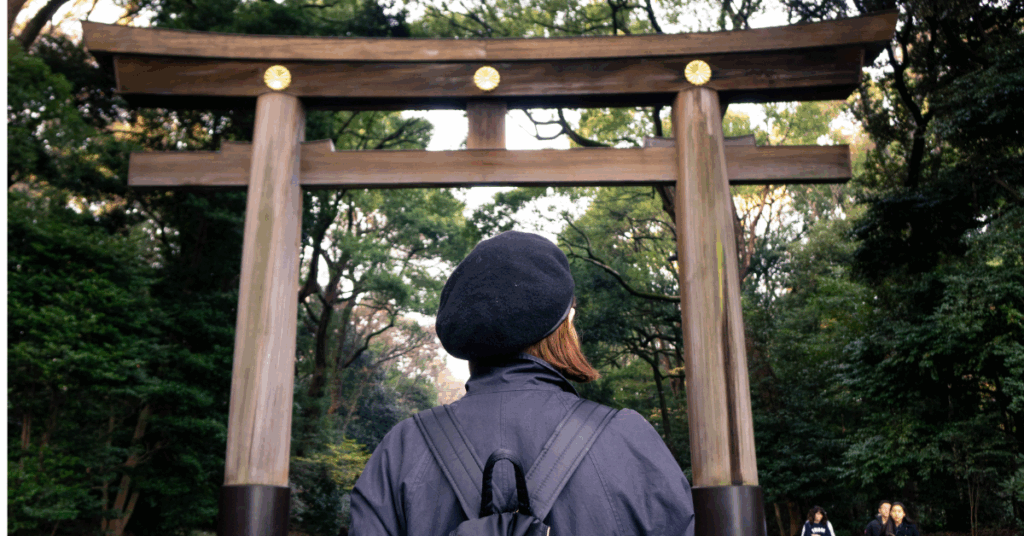The world really is your oyster when you’re trying to decide where to study abroad. But it can be tough deciding on one place when there are so many different options for you to explore. We take a look at some of the main things you should consider when deciding where you want to go on a study abroad programme.
Personal interests
Much of a study abroad experience is about personal growth and development, so ask yourself: what are you interested in and what do you want to achieve? Have you been studying a foreign language? Or do you want to start learning a foreign language? Perhaps you have a personal connection to a place, whether that’s some family history or simply an inexplicable attraction to a country’s culture and traditions?
Secondly, what do you want to achieve with this study abroad time? And is the place you want to go to going to help you do that?
Cost
The truth is: studying abroad isn’t cheap. As well as your international school fees, you also need to pay for your own housing, living costs and other expenditure and the currency exchange rate may or may not be in your favour. Some countries are more expensive than others, too. For example, Taiwan is one of the most affordable places to go to study abroad as living costs are low, as are tuition fees.
Therefore, money is a huge factor when thinking about where to study abroad and this is where you need to ask yourself: can I actually afford it? Where can I go to study that would allow me to live within my means?
The good thing is that even if you might not necessarily have enough money right away, you can save towards it if you have the means and opportunity to do so. If you plan to go study in one year, that’s 365 days’ worth of time to put away some money.

Location
Deciding you want to study Japanese in Tokyo is all well and good, but did you know there are more affordable parts of Japan where you will have more opportunities to practise the language and get to know more locals?
The same goes for other countries too – while it’s nice and more convenient to be in a main city and at the centre of things, it’s also easier on your wallet if you live in a smaller city or town. Smaller places are also more “local” in the sense that there may be fewer foreigners and you will probably get to spend more time with people from your host country.
In terms of levelling up your language skills, there is really no better way to do that than being surrounded only by that language with little opportunity to speak your mother tongue. Whether that is an experience you want or not is up to you, but definitely weigh up the pros and cons of living outside of a main city and whether or not that aligns with your personal study abroad interests and goals when deciding where to study abroad.
Finding the right schools
It’s likely that if you’re doing a university exchange programme you won’t have to worry about this too much, but if you’re studying abroad at a language school, for example, you’ll probably have the huge task of trying to decide which school is right for you.
Many factors play into this, including the intensity of the school, teaching method, classes offered, where it is located, the cost and what support it gives students to help them reach their goals.
Many Study Trip staff are former and current language students, so we understand this dilemma. That’s why we offer the chance to study at schools that we have personally vetted and where we’re confident that students will get high quality instruction for the short time they are there.
For more information on our trips, visit: studytrip.com and don’t hesitate to contact us with any questions!














